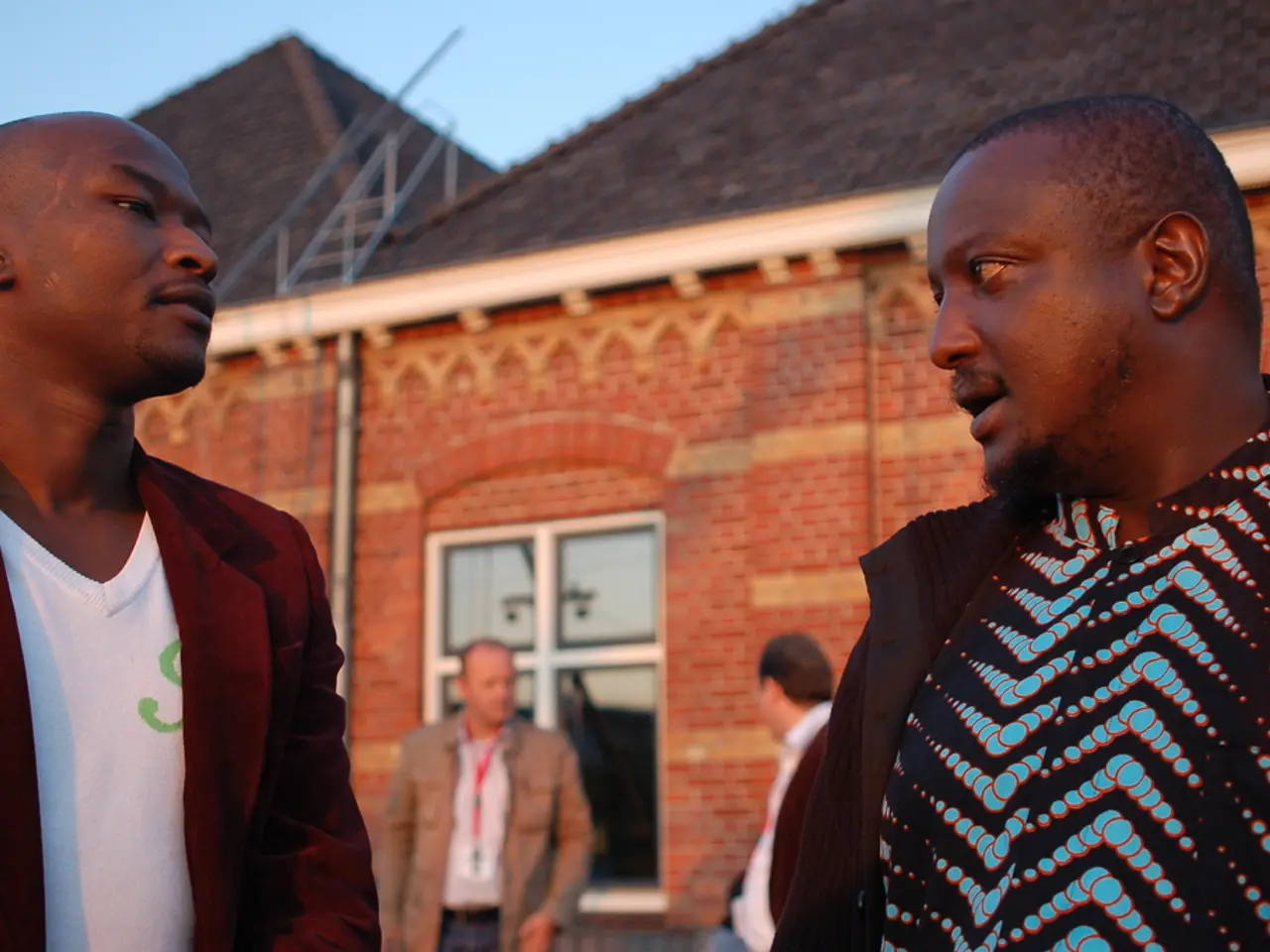Transforming Nairobi into Africa's hub for cultural and intellectual brilliance
Nairobi, the bustling capital of Kenya, is set to undergo a significant transformation, thanks to the UN's relocation to the city under the "UN@80" reform initiative. This shift presents a unique opportunity to reshape global governance and amplify African voices, making Nairobi a beacon of intra-African mobility and livability.
The Kenyan government, in its policy direction, can ensure that this change benefits all, rather than creating an isolated expatriate bubble. Professor from Georgetown University, a notable voice in this discourse, emphasizes the need for strategic measures.
Key Measures Suggested
- Local Hiring and Capacity Building: Prioritizing local hiring and skills development ensures that the influx of 800 new international staff and the subsequent indirect jobs support the growth of local and regional African talent, rather than just expatriates.
- Investment in Urban Infrastructure and Affordable Housing: Investing in infrastructure that benefits both UN staff and the local population is crucial. This approach avoids creating exclusive expat enclaves and instead fosters inclusive, mixed communities.
- Enhancing Regional Connectivity and Mobility: Improving intra-African transport and visa policies encourages movement of people, goods, and services between Nairobi and other African cities, leveraging Nairobi’s role as a diplomatic and development hub for broader continental benefit.
- Embedding African Perspectives and Priorities: Integrating African perspectives and priorities into the UN’s Nairobi-based operations ensures programs reflect and advance intra-African cooperation, development, and mobility.
- Collaboration with African Governments, Civil Society, and Regional Bodies: Partnering with African governments, civil society, and regional bodies shapes the UN presence into a genuine catalyst for African-led transformation, anchoring Nairobi as a truly pan-African diplomatic capital.
The Goal: A World-Class City for All
The aim is not to create an enclave in Gigiri that mirrors other UN hubs, but to outdo them on livability for all. The goal is to make Nairobi a refuge for those pursuing the Pan-African dream, attracting talent from all over the world, rather than becoming a city that primarily attracts overpaid migrant workers from high-income countries.
The UN's relocation to Nairobi can serve as a nudge for policymakers to create a livable city for all, providing infrastructure such as paved sidewalks, green spaces, security, good roads, and more. Beyond infrastructure, the government should also work towards creating a socio-political space for a flourishing intra-African mobility through Nairobi.
By 2026, UN organizations such as UNICEF, UNFPA, and UN Women are planning to relocate to Nairobi, joining New York, Geneva, and Vienna as the only cities hosting multiple UN agencies. The focus should not be on building dedicated infrastructure for Gigiri, but on a general uplift of the entire city.
The UN's presence in Nairobi presents a historic opportunity to reshape global governance with a more equitable, decentralized approach that amplifies African voices and inclusion. Let's seize this opportunity and make Nairobi a world-class city that truly reflects the spirit of Africa.
[1] Prof. Michael W. Doyle, "The UN in Nairobi: A Chance to Build a More Equitable Global Governance Structure," The Conversation, 2021. [2] Prof. Michael W. Doyle, "The UN's Move to Nairobi: A Chance to Amplify African Voices," Foreign Policy, 2021. [3] Prof. Michael W. Doyle, "The UN's Nairobi Expansion: A Chance to Foster Intra-African Mobility," Africa Report, 2021. [4] Prof. Michael W. Doyle, "The UN's Nairobi Relocation: A Chance to Embed African Perspectives," African Business, 2021.
- The UN's relocation to Nairobi has opened up a unique opportunity to redefine the city's urban landscape, with a focus on developing world-class infrastructure that caters to all, including sports facilities and home-and-garden projects for a better lifestyle.
- To ensure the success of the UN's presence in Nairobi, Professor Doyle has highlighted the importance of partnerships with African businesses in various sectors, such as the media industry, for the development of an effective ePaper to disseminate news and information about the city's transformation, promoting both its attractions and pressing issues.




